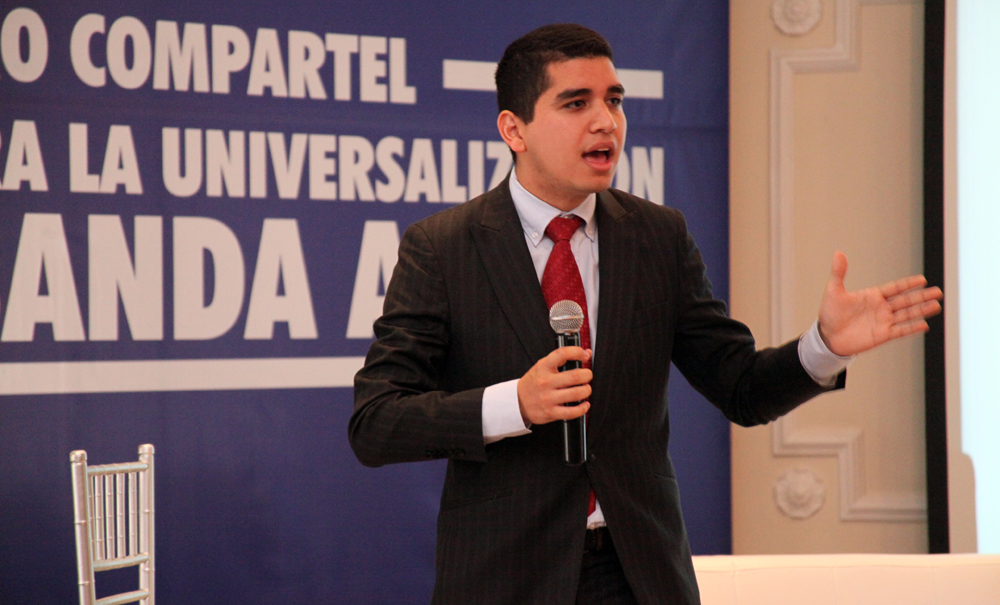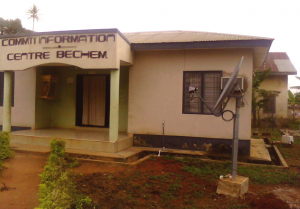Integra LLC is pleased to announce the award of a subcontract from Nathan Associates, Inc. to provide technical services for the ASEAN Connectivity through Trade and Investment (ACTI) project. Funded through USAID’s Regional Development Mission for Asia (RDMA), the project focuses on trade facilitation, energy sector development, small enterprise expansion, and telecommunications development. Read more …
Case Studies

Global Health: Cross-Bureau Budget Analysis
The Bureau for Global Health’s (GH’s) cross-bureau budget (CBB) allocates funds to activities that...

Economic Analysis of the Conservation & Communities Project in Madagascar
Madagascar is widely recognized as the home of some of the world’s most exceptional biodiversity...

Funding the Future: Navigating Private Finance in Education
Finance is a critical input to a country’s education system, yet partner country education systems are strained...
Contact Details
1156 15th Street NW
Suite 800
Washington, DC 20005+1.202.898.4110
info@integrallc.com
Quick Links
Expertise




 In April 2012, President Obama announced the creation of the
In April 2012, President Obama announced the creation of the 































